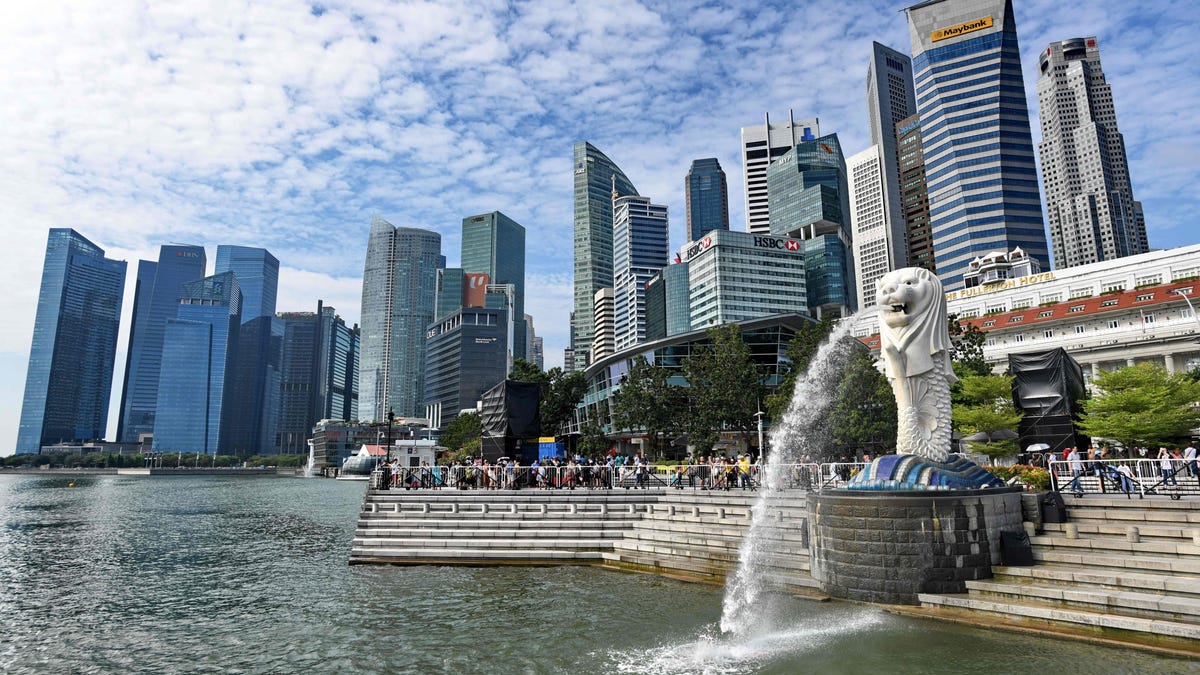Singapore parliament passes controversial fake-news bill
It follows Malaysia, Russia and Vietnam in passing similar laws that have alarmed critics.

Singaporean ministers will be able to demand social media companies take down fake news-related posts.
Singapore's parliament has become the latest government to pass laws aimed at curbing the spread of fake news.
The Protection of Online Falsehoods and Manipulation Bill, passed on Wednesday according to the Straits Times, gives Singaporean ministers powers to demand that companies like Facebook and Twitter put fake-news warnings next to posts or take them down completely.
The maximum penalty for a person or group deemed to have maliciously acted against Singapore's interest is 10 years in jail and a fine of S$1 million (roughly $733,000). Singapore follows countries like Malaysia, Russia and Vietnam in implementing laws against fake news. Just as in those other instances, Singapore's legislation has some concerned.
"This bill would give the Singapore authorities unchecked powers to clamp down on online views of which it disapproves," said Nicholas Bequelin, Amnesty International's regional director for East and Southeast Asia, on Monday, prior to the bill being passed.
"Singaporeans have every reason to fear that this law is designed to gag online expression once and for all. It criminalises free speech and allows the government almost unfettered power to censor dissent. It doesn't even provide any real definition of what is true or false or, even more worrying, 'misleading.'"
The country already has a reputation for stifling freedom of expression. Reporters Without Borders, a nonprofit organization that tracks freedom of information, ranks Singapore at 151 out of 180 countries when it comes to press freedom.
Google noted the challenges of identifying and handling misinformation and how the debate over those issues "has highlighted the need for a full and transparent public consultation."
"We remain concerned that this law will hurt innovation and the growth of the digital information ecosystem," a spokesperson wrote in an emailed statement. "How the law is implemented matters, and we are committed to working with policy makers on this process."
Singapore's prime minister, Lee Hsien Loong, said last month in Parliament that posts would only be taken down in "extreme and urgent cases."
The country's Ministry of Law said in an April statement that the bill "targets falsehoods, not free speech."
"It will help ensure online falsehoods do not drown out authentic speech and ideas, and undermine democratic processes and society," the Ministry said. It added that corrections of falsehoods are the bill's primary objective, and that criminal charges will only be pressed on "those who act to deliberately undermine society using falsehoods will be subject to the criminal offences."
CNET's Sean Keane contributed to this report.
First published May 8 at 6:35 p.m. PT.
Updated May 9 at 4:16 a.m. PT: Adds Google statement.

